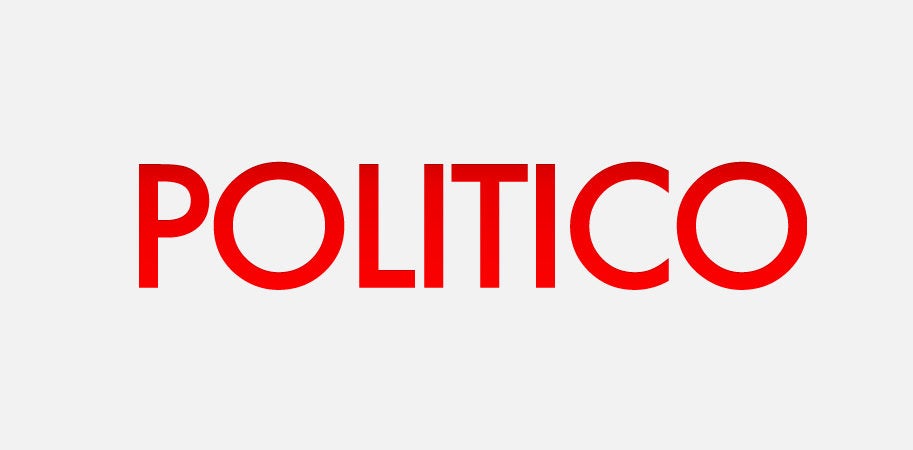China is making agricultural purchases and fulfilling other early obligations of the phase one trade deal with the United States, but it may be a good idea for top level officials from both sides to hold a conference call to discuss the impact of the coronavirus on implementation of the pact, said Chinese Ambassador to the United States Cui Tiankai, according to an interview transcript China’s embassy posted over the weekend.
“As far as I know, we’re still doing our part of the deal,” Cui said in an online interview conducted earlier this month with Ian Bremmer, president and founder of Eurasia Group and GZERO Media. “But of course as you said, the global economic landscape has been drastically changed. So I just hope our two economic teams, if they can sit down together or just have a conference call, they can really make [a] good assessment of the changing realities and coordinate our response to that.”
Trump-Xi phone call: In the lengthy interview, Cui stressed the need for cooperation between the United States and China to fight the coronavirus and expressed relief that President Donald Trump and Chinese President Xi Jinping have maintained a good relationship.
Last week they “had another phone call, and it was very long, very constructive phone call. They agreed that our two countries should really work together,” Cui said. But he also pushed back at U.S. suggestions that China bungled its initial response to the outbreak in Wuhan and was underreporting the number of cases and deaths.
Those who accuse China of hiding things, “if you look at their own history, normally they are the people and institutions who are always hiding and concealing something from the public,” he said. It is also surprising “how low” some U.S. politicians have gone in blaming China for the human suffering and economic carnage caused by the disease, but “I don’t want to name any names,” he said.
In recent weeks, Trump has stopped referring to the coronavirus as the “Chinese virus” as the United States finds itself dependent on a steady stream of air cargo shipments to bring in much needed medical supplies from China, Malaysia and possibly elsewhere in Asia. In that vein, Cui said he has been helping American companies “solve their specific problems in making shipments from China to the United States for medical supplies.”
Global supply chains: Those depleted domestic supplies have led to calls in the administration and Congress to encourage more production at home.
“This should be done, but maybe only to some extent, because it’s quite clear you cannot confine everything within national borders,” Cui said. “It attacks all of us the same way. So there is an even greater need for closer and more effective global cooperation.”
‘Second wave’ fears: Some cities and regions in China are now very close to full capacity now, “but nationwide, we’re not there yet,” Cui said. “A lot would depend on our efforts to contain the virus, to make sure that there would not be another wave of cases.”
But there are encouraging signs: “Many of the companies are working again, and also many of the shops are open again. … You cannot do all these things if you have no confidence that you are able to contain the virus. And the number of infected people is coming down,” he said.
WTO reform: One thing the crisis has exposed is that current global governance structures are relatively weak, Cui said. “If we have not started yet, we have to start real efforts to build a good international governance system for the 21st century, for the future,” he said.
That includes reforming the World Trade Organization, to “make it more up-to-date, make it better able to meet the challenge” of the technological advances of the last 25 years that have changed how the world trades, Cui said.
Expiring student visas: The Chinese envoy also said he was busy dealing with a “huge number” of Chinese students whose visas to study in the United States expire at the end of the semester in May. “Honestly, some of them are a little bit worried. I have to take care of them, talk to them, try to solve their problems,” Cui said.
To see the full article, click here.

